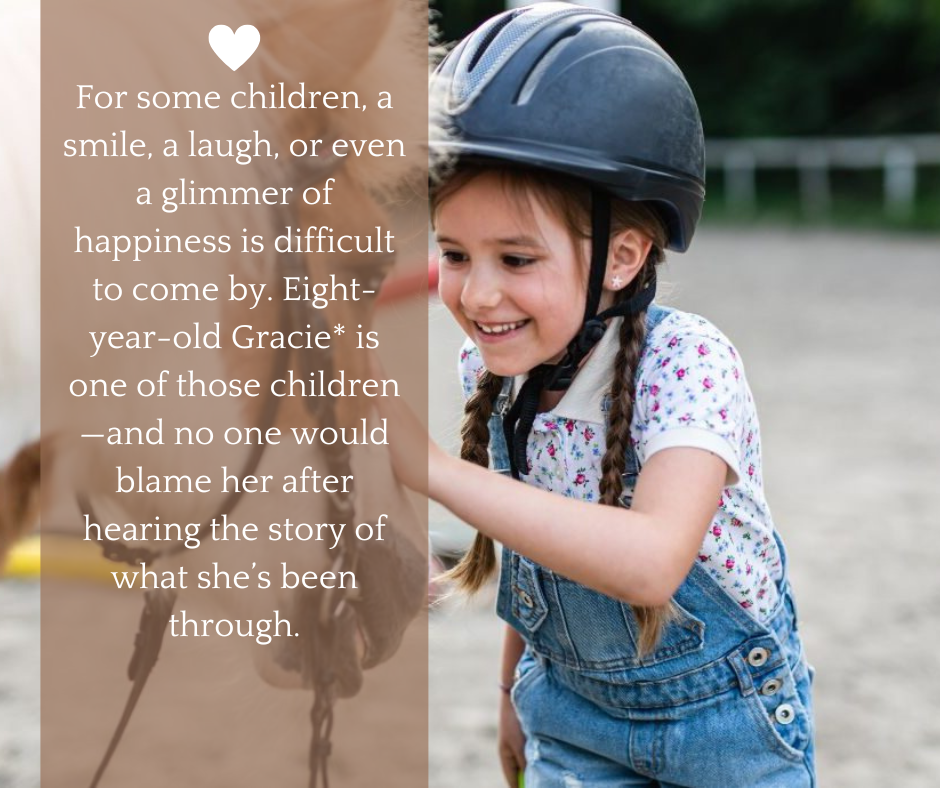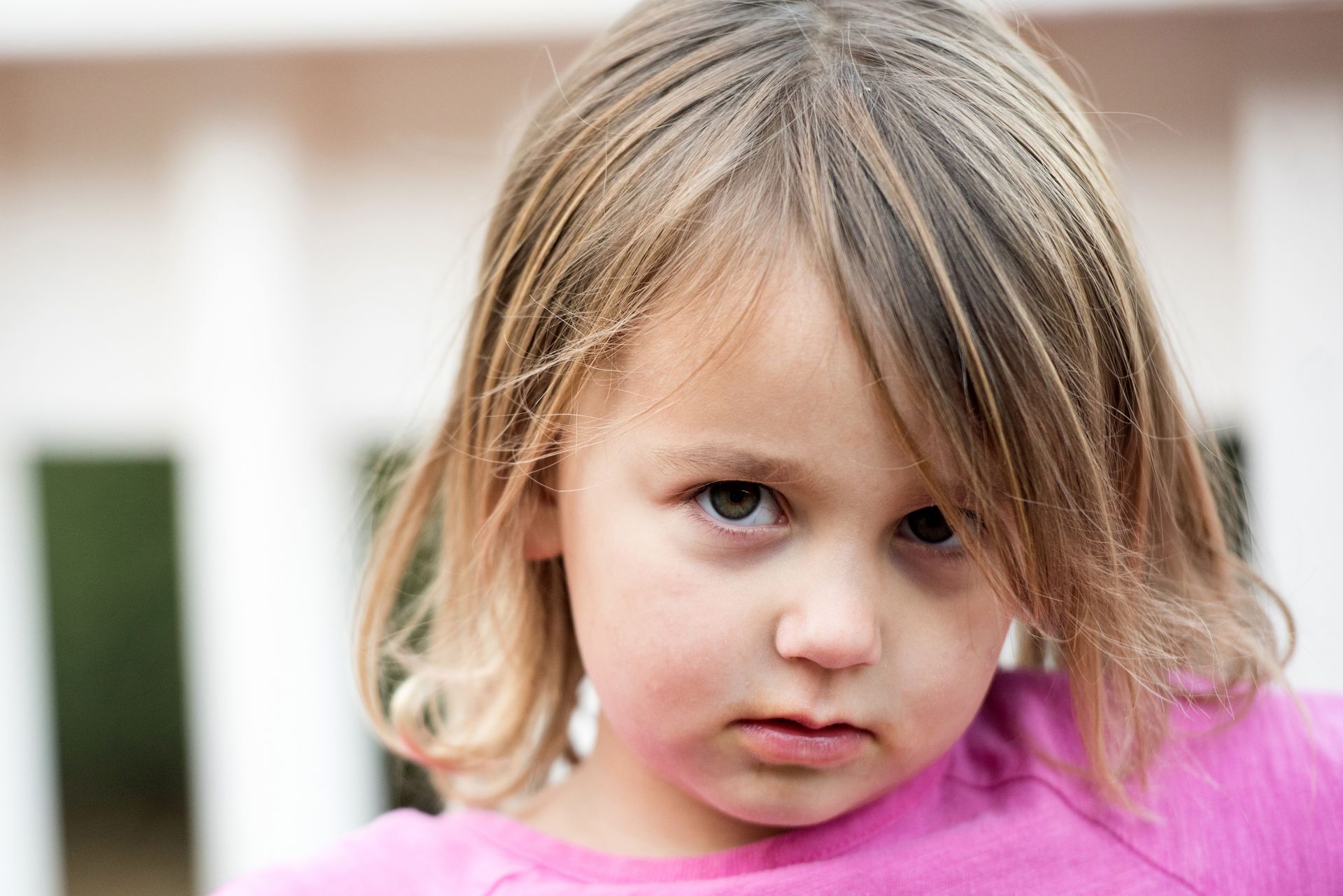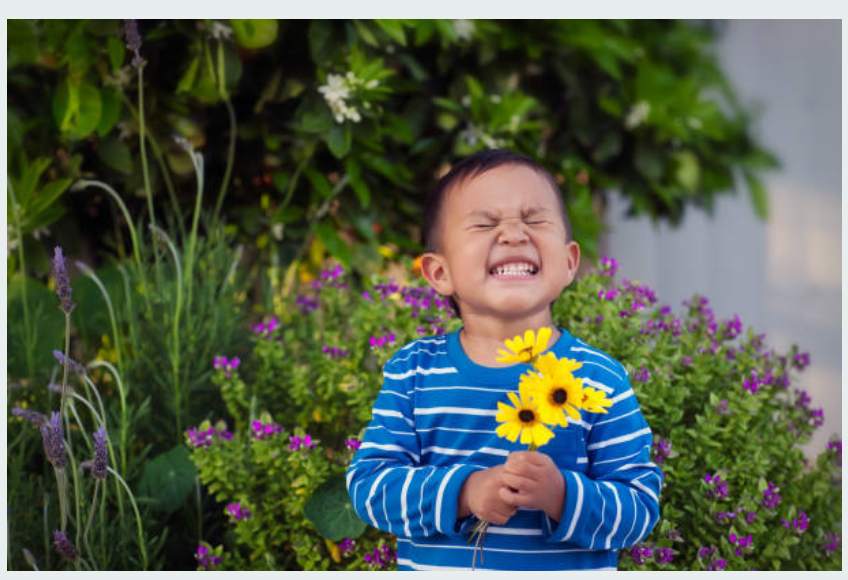Myths vs. Facts: What People Get Wrong About CASA and Foster Care
Clearing up common misconceptions about CASA, foster care, and why community support during the Big Give makes a real difference.
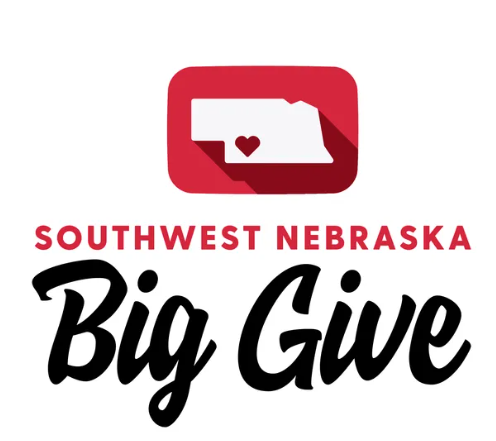
At Prairie Plains CASA, we often hear questions and assumptions about what we do, who we serve, and how the foster care system works—especially in rural areas like ours. As we gear up for the Southwest Nebraska Big Give on November 6, 2025, we're taking this opportunity to clear up a few common misconceptions and share how your support makes a direct impact on children in our community.
Myth #1: CASA is part of Child Protective Services (CPS).
Fact: CASA is independent.
CASA volunteers are appointed by a judge, not hired by CPS. They are
neutral advocates who work alongside—yet independently from—caseworkers, attorneys, and other professionals. Their sole job is to ensure a child’s best interest is being considered at every step.
Myth #2: CASA volunteers need legal or social work backgrounds.
Fact: CASA volunteers are trained, everyday people.
Volunteers come from all walks of life. What they have in common is
a heart for kids and a desire to stand up for those who can’t always speak for themselves. We provide all the training they need—and ongoing support to guide them.
Myth #3: Foster kids already get everything they need through the system.
Fact: Many children enter foster care with nothing.
They often arrive at placements with only the clothes on their backs—or worse, with their belongings in a trash bag. Essentials like
toothbrushes, pajamas, books, stuffed animals, and backpacks aren’t luxuries—they’re basic needs that help a child feel safe, comforted, and seen.
That’s where our Big Give 2025 project comes in. I Am for the Child, and I Give Hope
This year, your donation helps us provide:
- Emergency Comfort Bags for children entering foster care
- Court Day Kits to reduce anxiety during legal proceedings
- Support for Kinship Families who take in children on short notice
- A trauma-informed visitation space where families can safely reconnect
- Volunteer recruitment and training so no child goes unheard in court
Why Big Give Matters
The Southwest Nebraska Big Give is a one-day opportunity to rally our region around causes that matter. This year, we aim to raise $15,000–$18,000 to support the resources outlined above and continue our mission of standing by every child who needs a voice.
When you give on November 6, you’re not just donating—you’re giving dignity, comfort, and hope to a child in crisis.
How You Can Help
- Donate online between midnight and midnight on November 6
- Share our campaign on Facebook and Instagram
- Encourage friends and family to give—even $25 can fill a comfort kit
- Tell people why you’re for the child
Let’s bust myths, spread facts, and show the children of Southwest Nebraska that they are never alone.
👉 Visit our Big Give page here: https://swnebiggive.org/nonprofits/prairie-plains-casa
#IAmForTheChild #BigGive2025 #GiveHopeCASA #FosterCareFacts
Trauma Informed Care Helps Children Thrive
